Search
Paul Brest
person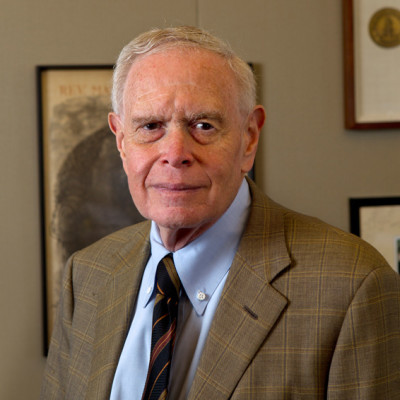
Paul Brest is emeritus professor and former dean of Stanford Law School, having recently returned from a twelve-year stint as President of the William and Flora Hewlett Foundation. Together with Professor Deborah Hensler, he is developing the law and public policy laboratory at the Law School, and he is a faculty co-director of the Stanford…
Molly Van Houweling
person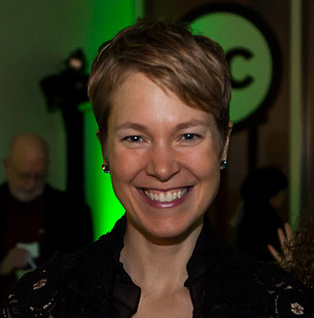
Formerly the Executive Director of Creative Commons and a fellow at Stanford Law School’s Center for Internet and Society, Molly Van Houweling is Associate Dean (J.D. Curriculum and Teaching) and Co-Director at Berkeley Center for Law & Technology where she also holds the title of Harold C. Hohbach Distinguished Professor of Patent Law and Intellectual…
Michael Carroll
person
Michael W. Carroll is a Visiting Professor of Law at the American University, Washington College of Law in Washington, D.C. Starting in September 2009, Professor Carroll will permanently join the American University faculty and be the Director of the Program on Information Justice and Intellectual Property. His teaching and scholarly interests focus on intellectual property…
Marta Belcher
person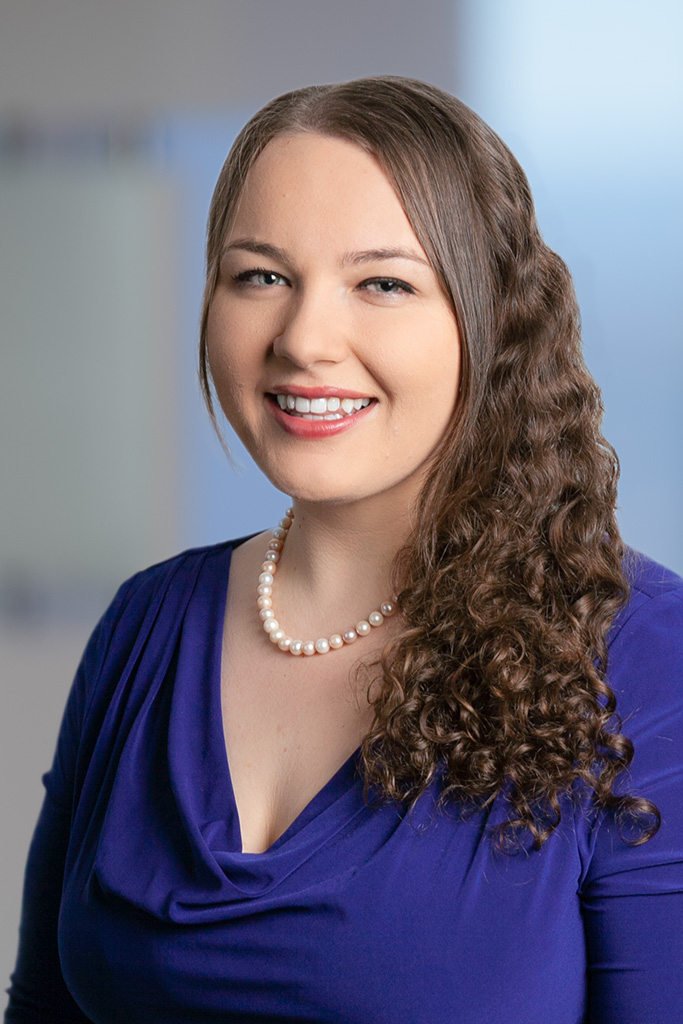 Photo courtesy of Marta
Photo courtesy of Marta
Marta Belcher holds multiple esteemed positions in the tech and legal sectors, notably serving as President and Chair of the Filecoin Foundation and the Filecoin Foundation for the Decentralized Web. Additionally, she is the General Counsel and Head of Policy at Protocol Labs. She also lends her expertise to the Electronic Frontier Foundation as a…
Lawrence Lessig
person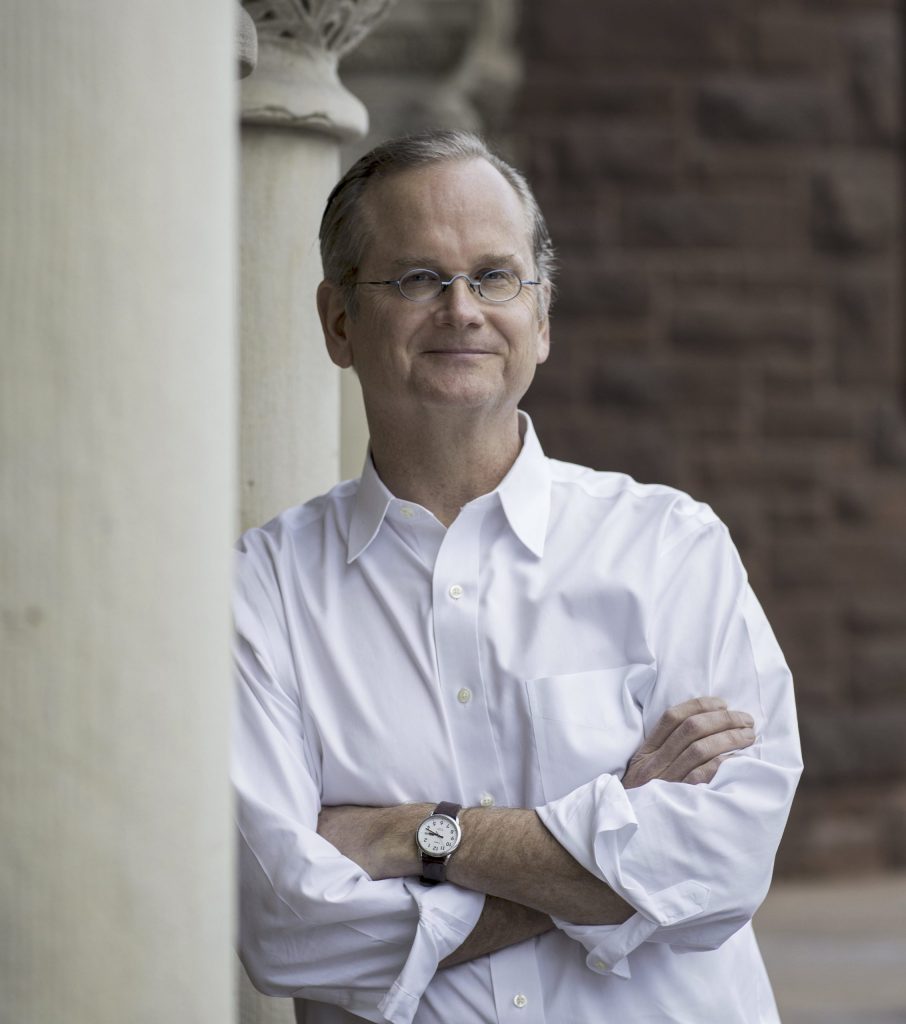
Lawrence Lessig is the Roy L. Furman Professor of Law at Harvard Law School, and director of the Edmond J. Safra Center for Ethics at Harvard University. Prior to rejoining the Harvard faculty, Lessig was a professor at Stanford Law School, where he founded the school’s Center for Internet and Society, and at the University…
Jongso Yoon
person
Jongsoo (Jay) Yoon is serving as a presiding judge at the Seoul Northern District Court. He graduated from the Seoul National University College of Law and received a master’s degree in law from the University of Seoul. He is especially interested in social and legal issues related to intellectual property rights, personal information, internet governance…
Eric Saltzman
person
A 1972 graduate of Harvard Law School, Eric F. Saltzman began his career as a criminal defense attorney in Seattle’s and Boston’s public defender offices. While teaching in Harvard Law School’s Criminal Trial Advocacy program, Saltzman took up filmmaking at MIT’s renowned Film Section and re-created trials as teaching tools. Moving from re-creation to verite,…
Catherine Stihler
person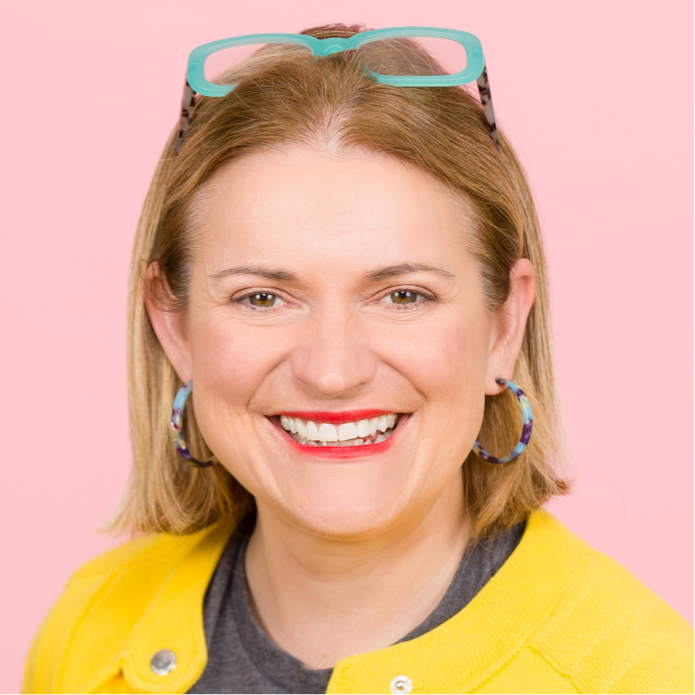
Catherine Stihler OBE has been an international champion for openness as a legislator and practitioner for over 20 years. Born in Scotland, Catherine was educated at the University of St Andrews, where she was awarded a Master of Arts (MA) with Honours in Geography and International Relations, and later a Master of Letters (MLitt) in…
Open Letter: Artists Using Generative AI Demand Seat at Table from US Congress
pageAs part of Creative Commons’ ongoing community consultation on generative AI, we have engaged with a wide variety of stakeholders, including artists and content creators, about how to help make generative AI work better for everyone. Certainly, many artists have significant concerns about AI. At the same time, artists are not homogenous, and many others…
Understanding CC Licenses and Generative AI
by Kat Walsh Better Internet, Licenses & Tools, Open Creativity, Technology post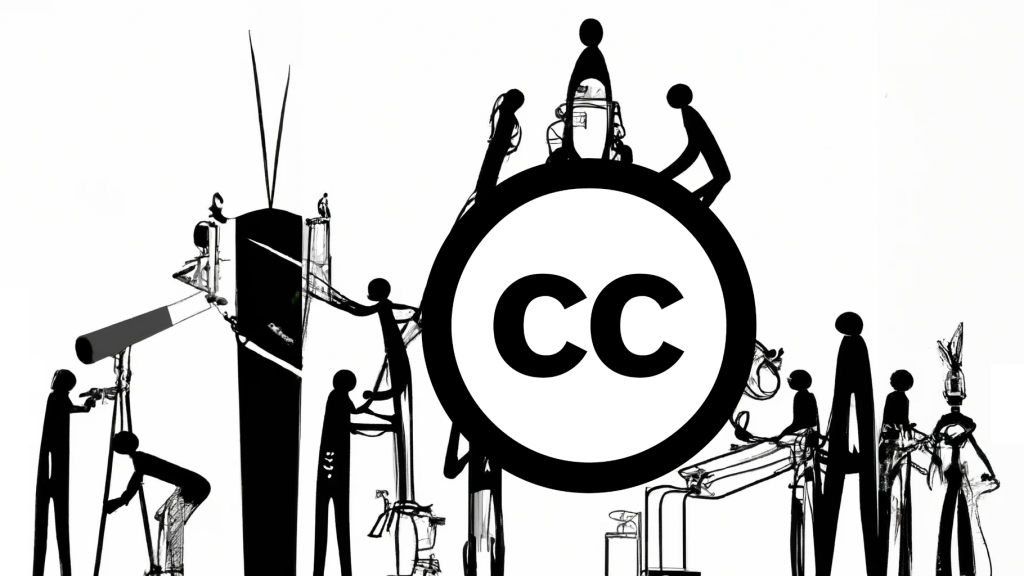 “CC Icon Statue” by Creative Commons, generated in part by the DALL-E 2 AI platform. CC dedicates any rights it holds to this image to the public domain via CC0.
“CC Icon Statue” by Creative Commons, generated in part by the DALL-E 2 AI platform. CC dedicates any rights it holds to this image to the public domain via CC0.
Many wonder what role CC licenses, and CC as an organization, can and should play in the future of generative AI. The legal and ethical uncertainty over using copyrighted inputs for training, the uncertainty over the legal status and best practices around works produced by generative AI, and the implications for this technology on the…